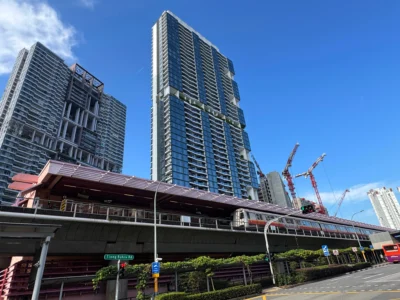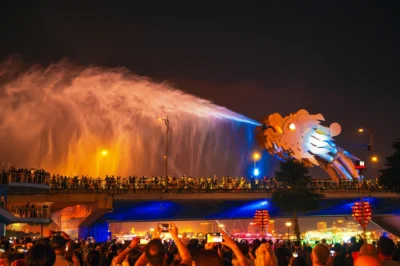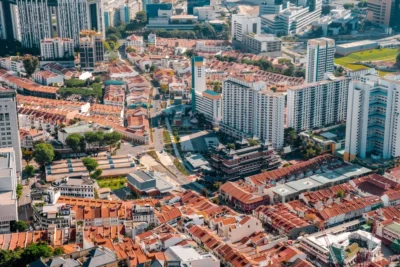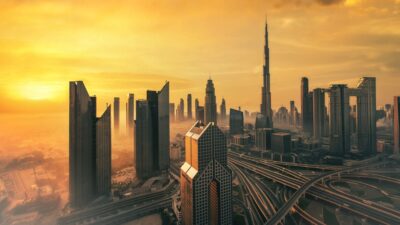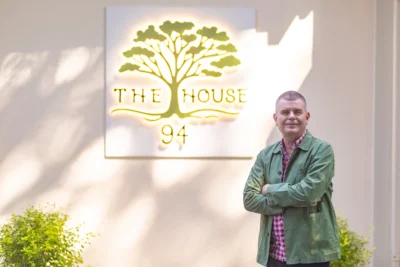Where are the most expensive Asian cities for construction?
Builders worldwide face challenges from trade tensions and volatility of materials supply
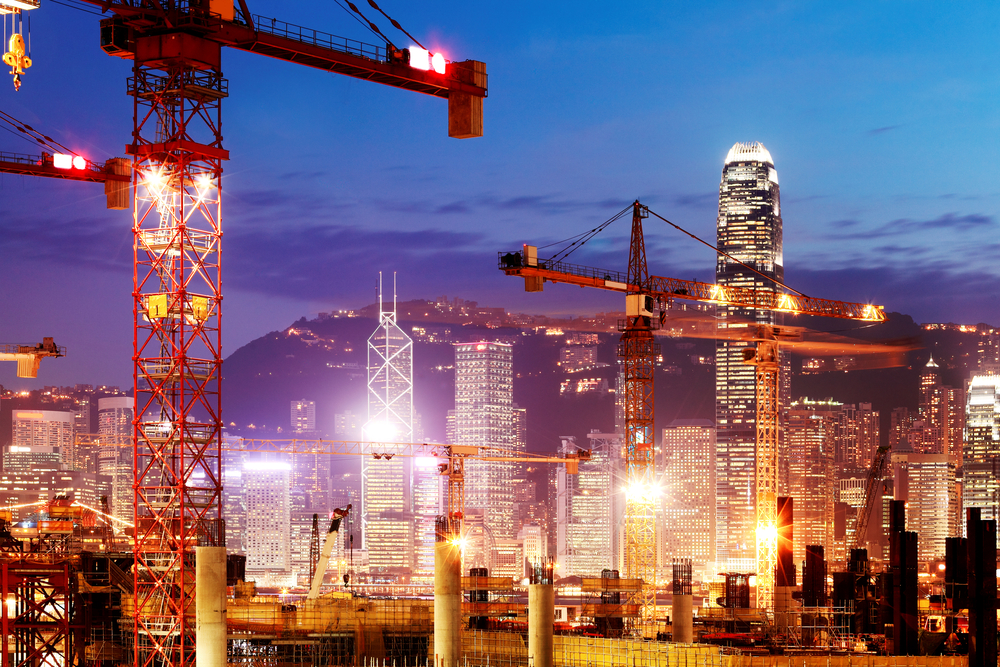
Hong Kong, Macau, Tokyo and Singapore rank top in Asia for cities with the highest construction costs, according to the International Construction Costs 2019 report by management consultancy Arcadis.
Although its tender price index will likely decrease between two to zero percent this year, Hong Kong ranks third among 100 cities worldwide for priciest construction costs, trailing summit-holder New York City and runner-up San Francisco.
“Hong Kong’s construction industry has some core challenges including a relatively low technology adoption rate, a shortage of land and a pressing need to improve productivity levels. The price of steel increased from a market low in 2016, and the price of sand has seen a sharp rise since an industry low in 2017,” Arcadis noted in its report.
More: Keeping Jakarta and Bangkok afloat
The price for other core construction materials will remain stable over 2019, with Hong Kong’s construction market poised to grow by 1.5 percent this year.
With tender prices forecast to grow three to five percent this year, Tokyo ranks ninth costliest city in the world for construction, third in Asia, while Macau sits in seventh place globally, second in Asia.
Singapore is the most expensive in Southeast Asia, 48th worldwide. “Singapore remains the fourth most expensive city in Asia to build in and it’s clear that many developers are aware of the pressing need to improve productivity,” noted Khoo Sze boon, head of cost management & quantity surveying at Arcadis Singapore, to The Independent.
Investing in technology and digitalisation can help developers create better-quality development, strengthen competitive advantage, and “ultimately light a path towards long-term value creation,” added Khoo.
Political uncertainty, erratic global markets, and trade conflicts, however, have all contributed to a dubious outlook for the construction sector. New tariffs and policy measures have hampered the viability of supply lines in some markets and consequently impacted the price and sourcing of goods, as well as client confidence in delivery of projects.
“For the construction industry, which has been behind the curve, now is the time to fully embrace advancements in technology, as a means of overcoming global economic headwinds, by boosting productivity and cutting costs,” Arcadis stated in its report.
Recommended
What comes next for Southeast Asian real estate in 2026
From return-to-office realities to climate and tech disruptions, Southeast Asia’s residential markets are being reshaped by deeper forces
Foreign demand recalibrates in Southeast Asia housing markets
Even amid global headwinds, Southeast Asia’s property markets hold appeal for foreign buyers
Tariffs and turmoil test Singapore homes as suburbs hold firm
Foreign levies, regional wars, and buyer fatigue are putting pressure on the city-state’s housing market
Gulf luxury markets lure global capital amid policy shift
Gulf nations are shaking off a reputation for overt bling to lead a post-pandemic luxury boom

